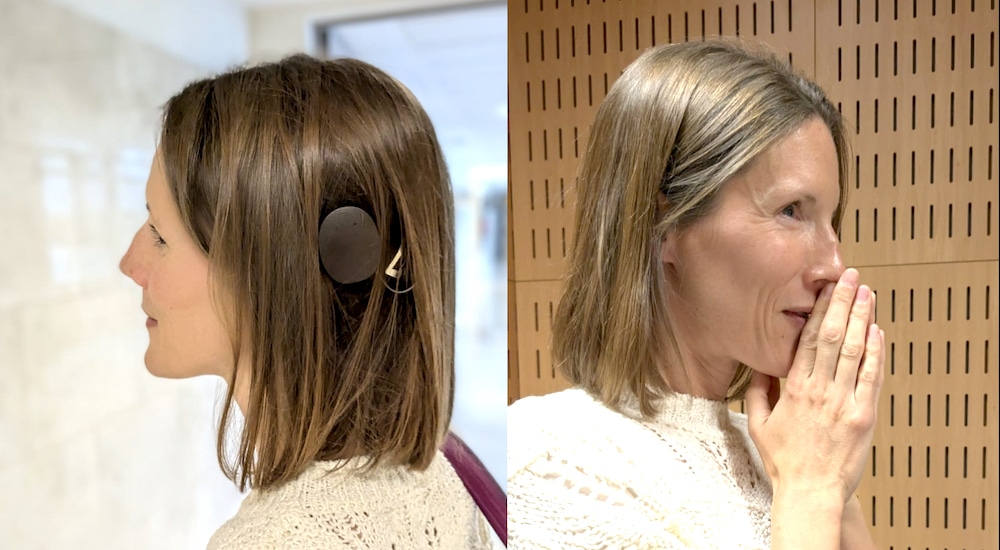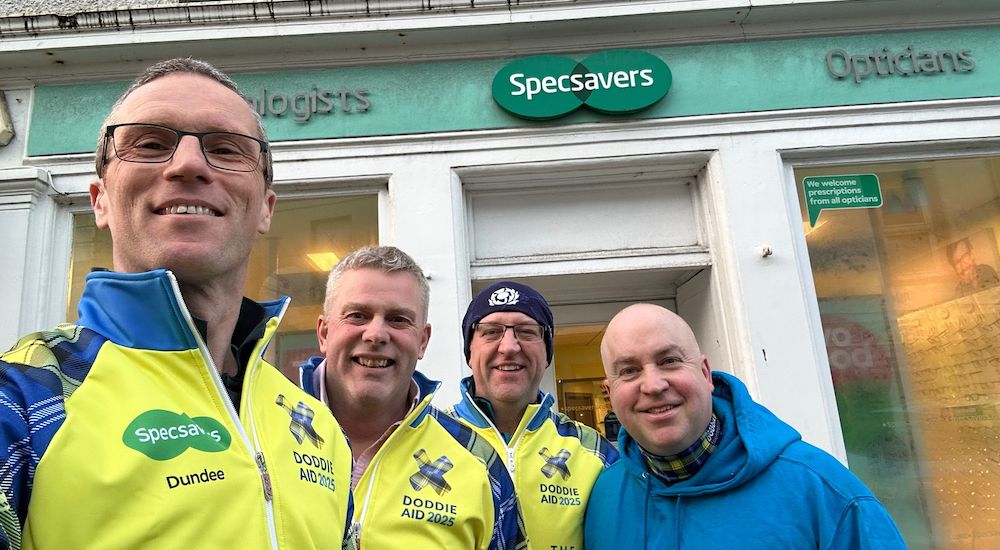Urgent change sought by final report on “deeply concerning picture” of Scotland’s NHS audiology services
An Independent Review of poor care in Scottish NHS audiology has been drawing a strong reaction from across professional guidance and patient support bodies.

The welcome to the publication this August 25 of the Independent Review of Audiology Services in Scotland was accompanied by stern underlinings of the nationwide failings revealed by the work of the Review and its sub-groups, as well as exhortations that recommendations must be urgently and comprehensively actioned.
Among the strong responses from key bodies were those of the British Academy of Audiology (BAA) – whose report of shocking failings by the NHS Lothian Paediatric Audiology service led to the Scottish Government setting up this review in January 2022 – and the National Deaf Children’s Society (NDCS), which fiercely highlighted that children experienced life-changing consequences as a result of poor care, “because their deafness was identified too late for them to get the surgery or communication support they needed.”
“There must be no more similar failures,” rapped Mark Ballard, Head of Policy and Influencing for Scotland at the National Deaf Children’s Society.
How deep do the failings go?
The report reveals “multiple, systemic problems affecting audiology services in NHS Scotland”, including an “absence of national leadership, strategic planning and workforce planning”. It highlights that there had been “no quality assurance of services” in recent years.
With its board directors contributing to the Review, the BAA also gathered views from Scottish audiologists, the latter’s observations finding many echoes in the Government report on their professional sphere over recent years. These concerns included issues that impact audiologists’ ability to provide the levels of care they aspire to, with workforce shortages, lack of accredited training available, and being pushed to do more, whilst having no extra resources, the BAA points out.
Urgent recommendations related to auditory brainstem response (ABR) testing
The review’s most urgent recommendations include those relating to quality of auditory brainstem response (ABR) testing in very young children. “It is alarming that issues were identified in the quality of ABR testing at every single health board across Scotland,” said the NDCS’s Mark Ballard.
The NDSC also bemoaned the services’ lack of consistent data collection, another failure the report made clear. This means it is difficult to monitor quality and compare how health boards in Scotland are performing. It “makes it impossible to know if other deaf children are being failed in the same way as those in Lothian,” points out the NDCS.
“Parents who rely on audiology services for their children will be shocked to learn there has been an absence of national leadership, strategic planning and workforce planning at audiology departments across Scotland and that there has been no quality assurance of services in recent years,” stressed Ballard.
“We know deaf children can achieve anything that hearing children can when they get the right support, but for this to happen their deafness must be identified at the earliest opportunity.”
Aims and Recommendations
The overarching aims across the report’s findings and recommendations are:
- to reduce variation and ensure the delivery of safe, high-quality, patient-centred care across Scotland, with clear accountability;
- to build a sustainable pipeline of talent and ensure that patients are cared for by professionals with the right knowledge and specialist skills, within services with effective, skilled leadership;
- to ensure a culture of continuous improvement of quality and outcomes of care across the patient journey, with external assurance of patient safety, clinical effectiveness and patient experience;
- to ensure that national structures are in place to provide strategic oversight and assurance of audiology services.
Timescales have been described as: short term – within three months; medium term – within six months; long term – within 12–24 months.
Final report just the start for audiologists, says BAA. Investment essential
The BAA’s statement on the report emphasises what now must be done: “The publication of the report is the end of the review process, but this is the start for audiologists, health boards and professional bodies such as the BAA. The report offers us all the opportunity to achieve meaningful, lasting change in audiology services. But we need to work together to push for funding, additional resources, and robust implementation of all the recommendations.”
The organisation does however, point out the need for “significant investment and support from the Scottish Government into audiology to achieve the report recommendations.”
Source: Sources: Scottish Government/BAA/NDCS/


